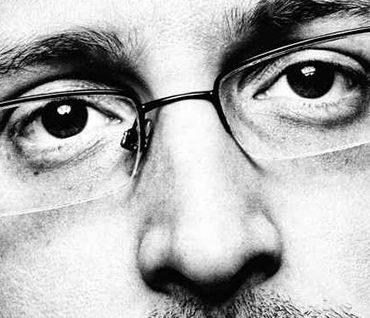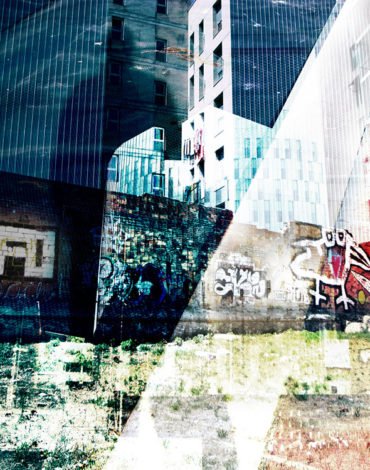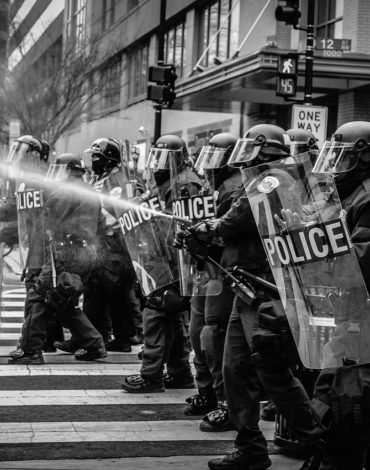
Progressive Connexions ~ Interdisciplinary Life
Interdisciplinary Research, Publishing and Explorations
Human Rights
Human Rights
In the 21st century, rights are generally and universally recognized as inherently and equally belonging to all human beings. These rights form the foundations of our ability to live in freedom, justice and peace and are inviolable, inalienable and protected by the rule of law in the majority of states and by the international community.
Although the recognition of human rights is deemed to be universal for all peoples and all nations, not all states recognize or respect human rights. The history of their birth and the struggle behind their emergence is often one of protest, struggle, opposition and resistance, whether conducted peacefully or through conflict and bloodshed.
The role of activism has been and continues to be essential in establishing the cradle of human rights along with the courage, determination and sacrifice of activists such as Martin Luther King Jr., Susan B. Anthony, Rosa Parks, Nelson Mandela, Mahatma Ghandi, Desmond Tutu, Aung San Suu Kyi, Malala Yousafzai and others. These individuals would not have been able to fulfil their mission without the support and assiduous work of countless organizations and individuals who shared the same ideals of a world where all humans can enjoy the same fundamental rights and benefit from equal opportunities. Active and informed citizenship plays a vital role in their recognition and defence.
The continuing existence and in some cases proliferation of practices such as slavery, female genital mutilation, trafficking, child marriages, ethnic cleansing, severe racial or religious discrimination, criminalization and cruel punishment of non-heterosexual orientation etc. make it clear that the fight for achieving equal rights and opportunities is still a long way from being won. Some countries struggle with recurring problems in ensuring respect for all their citizens’ liberties. Recent movements and campaigns such as Black Lives Matter, He for She and many more are the contemporary face of the ongoing struggle for equality in fact as well as on paper.
Often in a precarious balance with the need for national and international security, human rights are an exceptionally high stake of ideological and political battles, their extent and interpretation can draw unseen borders between cultures and civilizations, they are at the very foundation of our lifestyles and when threatened, they can act as a powerful catalyst for all kinds of civic unrest, ranging from full-blown revolutions to peaceful protesting and heated public debates. Civil rights and liberties have become a fundamental part of citizens’ identities, paradigms and lifestyles. They stem from our core values, they closely reflect our society and they are at the top of the list of ideals people would kill or die to defend.
The issue of human rights has are traditionally connected to the work of activists, politicians, policy makers, union leaders, NGO members, philosophers, sociologists and lawyers. However, many more categories of professionals are actively involved in or affected by issues surrounding civil liberties, such as: academic researchers, educators, social workers, psychologists, physicians and medical staff, professionals in the field of religion and spirituality, anthropologists, historians, human resource specialists, communication professionals, economists and business owners, artists and performers etc. We invite all professionals involved or interested in the field of human rights and activism, but also all volunteers and active citizens who have a relevant contribution to bring to this project and are passionate about equality and human rights to become involved with thoughts, ideas, suggestions for research streams, workshops or continuous professional development courses. We are looking forward to receiving your input and to exploring this crucially important field together.


Extreme Engagement
The project explores the parallels, intersections and divergences between whistleblowing,




Development Team
Emma Craddock
Based in Scotland, Emma is a Director and founding Board Member of Progress in Dialogue, a not-for-profit organisation focused upon supporting and empowering marginalised communities and grassroots voices.
She holds a PhD in History from the University of Aberdeen which reassessed the process, conclusions and implementation of Lord Scarman’s inquiry into the Brixton riots of April 1981.
She has previously worked as part of the Queen’s Young Leaders programme, run by the Institute of Continuing Education, University of Cambridge, tutoring exceptional young people from around the Commonwealth.

Development Team
Diana Medlicott
Independent researcher based in London, and her research interests include suicide in prison, prisoner experience, restorative justice, and torture prevention.
Upcoming Events
Progressive Connexions is a not-for-profit network inspiring inclusive interdisciplinary research, publishing and collaboration
Copyright © 2019 - Progressive Connexion
